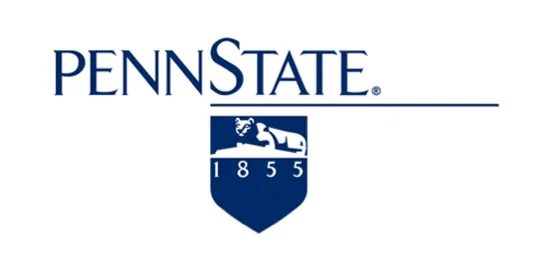Neuropsychology of Sports Concussion Program
This program involves conducting baseline neuropsychological testing with most of the athletes participating in varsity contact sports at Penn State. We test the athletes when they first arrive on campus. If they experience a concussion while at PSU, we then follow-up with post-concussion neuropsychological testing that involves re-testing with alternate test forms and comparing athletes' performance to baseline test results. This information is provided to trainers and team physicians to assist them in making return to play decisions. Graduate students working in my lab are involved in this program, conducting testing in addition to report write-up and interpretation. Undergraduates also have research opportunities involving neuropsychological testing, scoring, and data management.
We are exploring a number of research questions with this program, including factors that can impact neurocognitive performance post-concussion such as motivation, depression, premorbid cognitive functioning and cognitive reserve, and premorbid symptomatology. We have also examined knowledge and attitudes towards concussion, and are developing guidelines for evidence-based concussion management.
Some of our work in this realm is outlined in a publication in JINS (here). The first author on this paper, Chris Bailey, is a former graduate student who ran the concussion lab while he was here at Penn State. Chris now works as an Assistant Professor in the Department of Neurology at Case Western Reserve University School of Medicine.
Other recent articles describe additional aspects of our research pertaining to motivation (here), practice effects, knowledge and attitudes toward concussion in high school athletes, coaches, and trainers (here), multimodal assessment of fatigue (here), estimating premorbid cognitive performance (here), and performance-based measures of affect (here), and evidence-based approach to concussion management (here).

